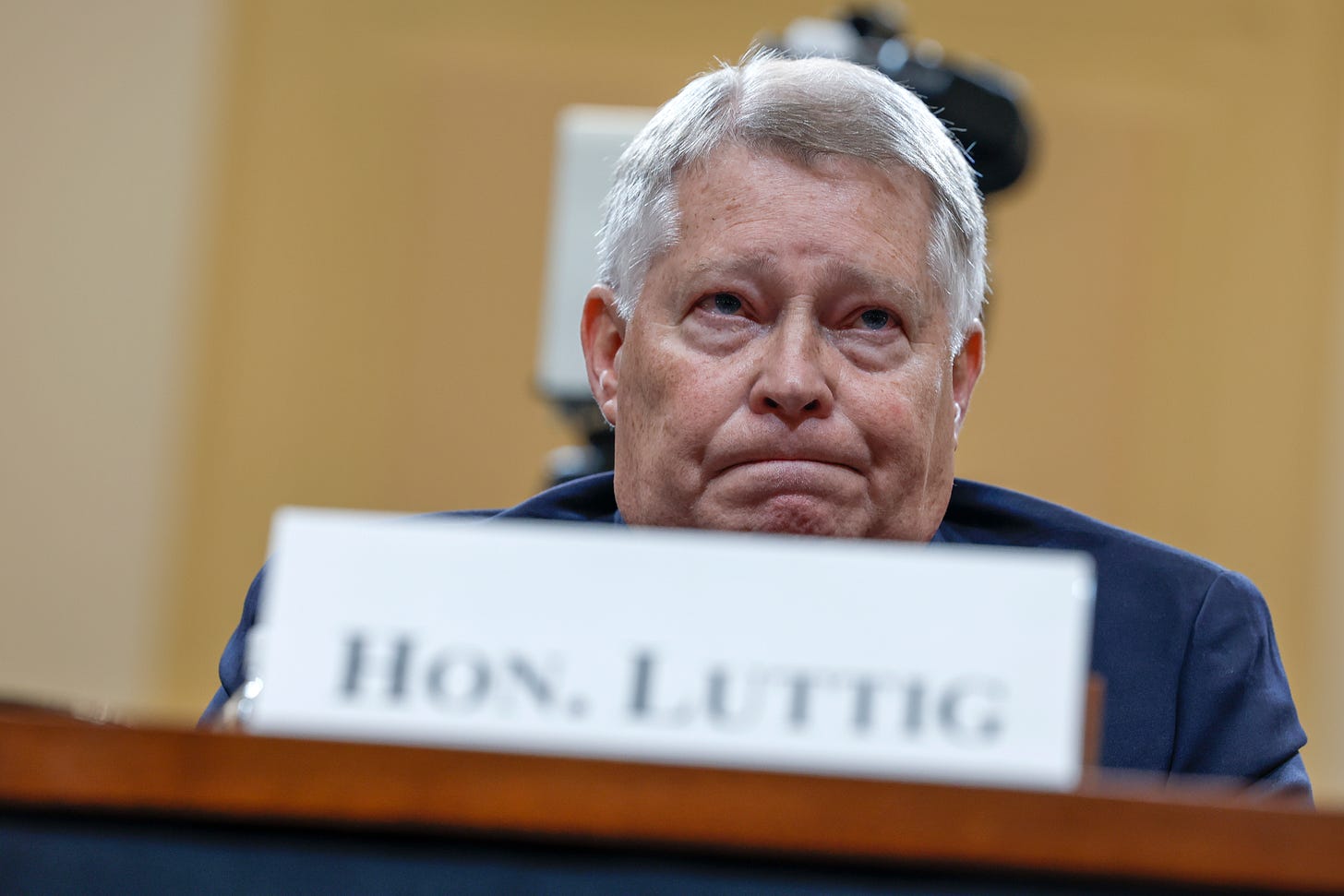Donald Trump's 100 Days of Lawlessness
Former federal judge J. Michael Luttig says that ALL of Trump's signature initiatives are unlawful.

“It would be impossible to say, after Donald Trump's first 100 …

“It would be impossible to say, after Donald Trump's first 100 …